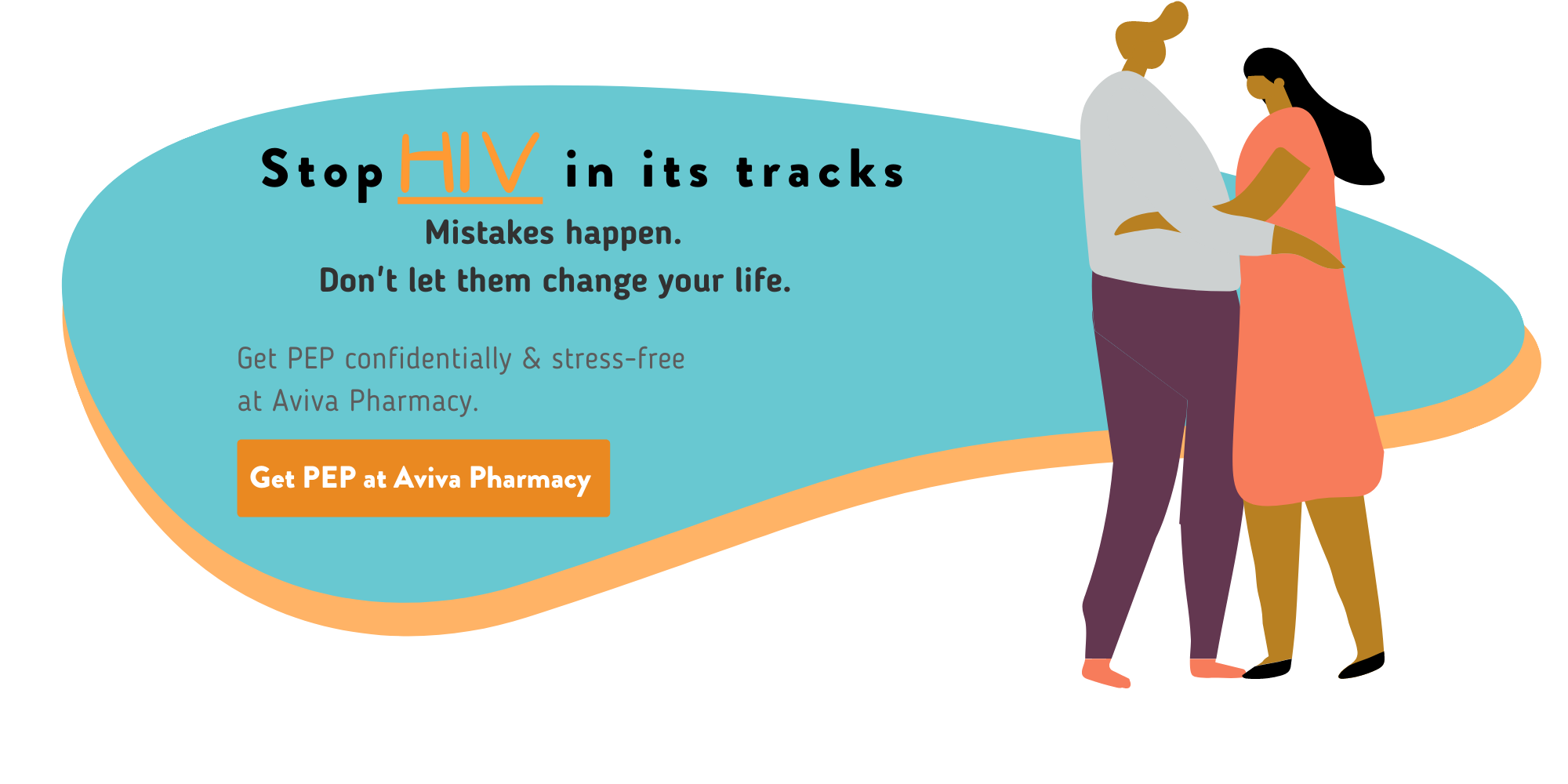Different Ways to prevent HIV
Body
There are multiple ways you can help prevent contracting HIV. You may know of proven methods to help you avoid contracting HIV, such as condoms for sex and new equipment for drug use. However, did you know that there are new approaches to preventing HIV, such as taking HIV medications? Faced with so many possible choices, it is not always easy to understand which preventive method to use and in which situation.
This source can assist you in deciding which HIV prevention method like HIV Prep And PEP is best for you.
What are the most efficient means to prevent HIV?
There are numerous ways of Reducing Your Risk Of Contracting HIV. Some are used to avoid HIV during sex, and others are useful when using drugs. Others are useful in both of these situations.
You might use a single strategy in some situations and multiple methods in others.
Take a look at the options out there and ask yourself which ones might work best for you and in which situations.
Pre-exposure prophylaxis (PrEP)
PrEP is used by people who are HIV-negative to avoid getting HIV. PrEP involves taking HIV medications before you may be exposed to HIV and taking them after potential exposure. For medications to have the desired preventative effect, it is essential to take them as prescribed. For most people, this is about taking them every day. It is sporadic for a person who uses PrEP as prescribed to contract HIV. In addition to taking tablets, HIV Pre-Exposure Prophylaxis requires seeing a doctor or nurse every three months for tests (HIV, STIs, and other infections), monitoring for possible side effects, and ongoing support. Most public and private drug plans help cover the cost of PrEP.
Post-exposure prophylaxis (PEP)
PEP involves taking medicine to help prevent infection after a situation where you may have come into contact with HIV. For example, a person may choose to use PEP after sex in which a condom has broken. To be effective, PEP must be initiated as soon as possible – and certainly within 72 hours – after exposure. You must take PEP daily for 28 days after exposure. If PEP is taken as prescribed, the likelihood of contracting HIV is very low. The price of PEP can be high. However, it is covered by some public and private drug insurance plans.
Condoms
Condoms help prevent HIV and other STIs. There are external condoms (sometimes called “male condoms”) and internal condoms (sometimes called “female”). The likelihood of contracting HIV is very low if you use condoms correctly every time you have sex. If you have intercourse with more than one person at a time, use a new condom every time you switch between partners as it helps you Reduce Your Risk Of HIV Infection. If you share a sex toy, be sure to cover it with a condom and replace it with a new one each time you change users. Store condoms at room temperature and check the expiration date before using them. Use condoms with a water-based or silicone-based lubricant. Oil-based lubricants can tear condoms.











Comments